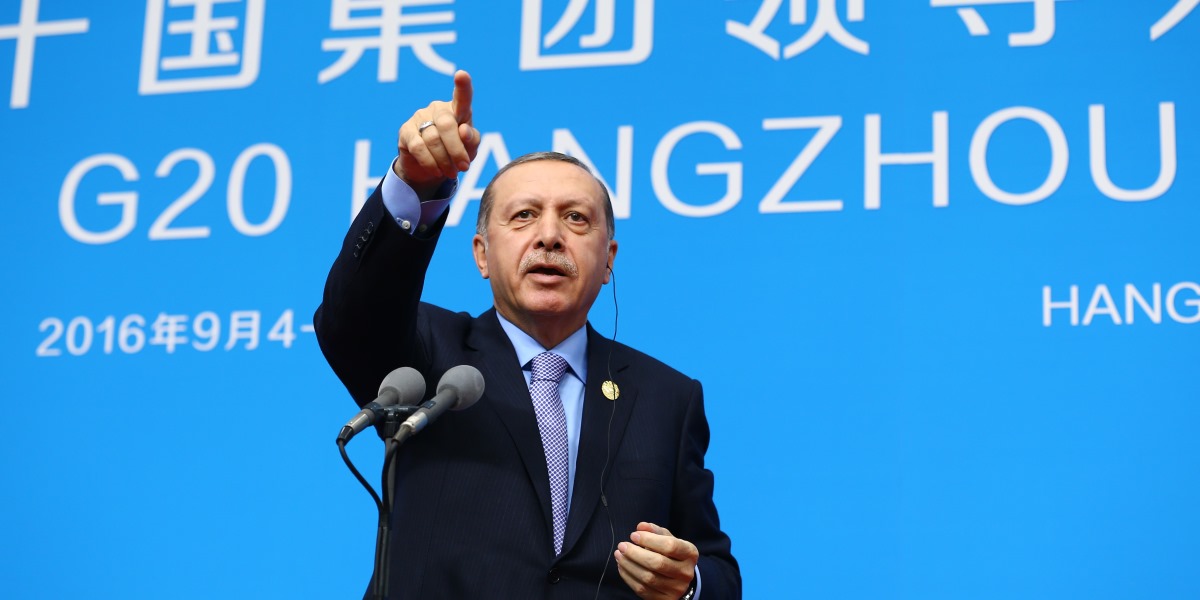While returning from the G20 summit in China, the leading question occupying my mind was "what if they had succeeded?" It is certain that Turkey would have had a total downfall, drifted toward a civil war and experienced excruciating pain and trauma had the putchists succeeded.
Fortunately, they failed. But still, in the face of each new situation we have encountered since then, we cannot help asking ourselves, "If the July 15 military coup attempt had succeeded, would Turkey have been represented at the G20 summit?"
Suppose that it had succeeded. Who would have gone? Which policies would they have defended? For whose interests would they have spoken?
Now it seems like a distant past but barely two months have passed since this atrocious insurrection.
This time, Turkey participated in the G20 summit in a far more strong and self-confident mood than in previous years.
The summit was productive for Turkey in many ways. Above all, it proved that Turkey and President Recep Tayyip Erdoğan can be a much stronger presence on the international scene compared to the past.
Those opposed to Turkey, which were led by the West and prominent in the international arena before July 15, were not around during the G20 summit.
Now, it is time to put the discursive normalization into practice.
President Erdoğan maintained his determined stance with regard to Turkey's position in the world and went on about the inequalities in the world throughout the summit without ever having to make any concessions.
While improving joint relations with Russia and China in the energy and commerce sectors, Turkey also argued during the summit that the G20 must not be restricted to just the economy and the resolution of economic malfunctions in global markets.
President Erdoğan emphasized at every occasion that it would be more useful to organize the G20 summit as a platform seeking to contribute to the resolution of leading global problems including terrorism and refugee issues.
Erdoğan's one-to-one meetings with the leaders of China, Russia, Germany, the United States, India, Canada and South Africa and the joint meeting with the leaders of France, Germany and Italy presented significant opportunities to increase Turkey's socio-economic capacity.
Also, during the bilateral meetings, President Erdoğan had a chance to explain Turkey's perspective in fighting terrorist organizations including the Gülenist Terror Group (FETÖ), the PKK and DAESH.
At the negotiations and meetings conducted as part of the summit, President Erdoğan was present as the leader of a country who repelled the complex July 15 attack and is conducting a successful fight against terrorist groups in Syria, including DAESH.
All the leaders Erdoğan met spoke taking this reality into account.
President Erdoğan touched on various important issues in the interview he gave to journalists on the plane while returning from the summit. You can find the details of the interview in newspapers. But during the interview, the most attention-grabbing aspect about Erdoğan was his visible enthusiasm and aspiration to take new steps. The nation is the main actor endowing this excitement to Erdoğan. Erdoğan said the following words during an interview: "Our nation's stance, resistance and courage on July 15 really put everything on a different course. I always underline that this nation is genuinely a one to take pride in and be applauded."
That certainly is beyond any doubt.
[Daily Sabah, September 9, 2016]









